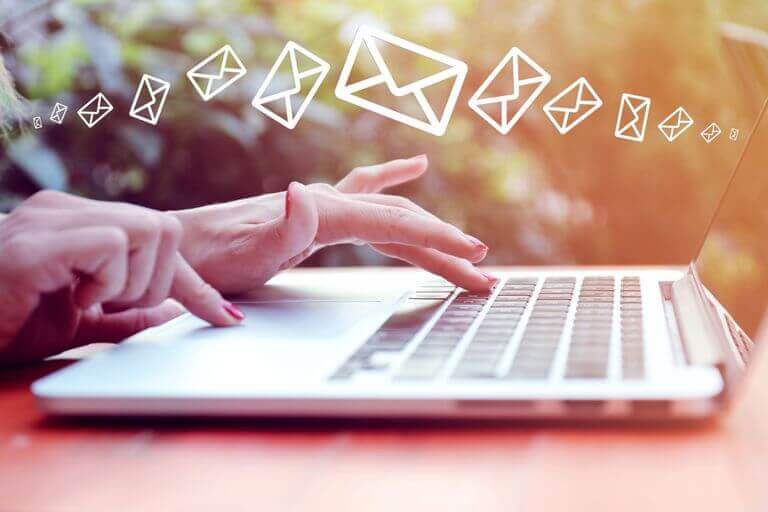
If you remember from our last email guide post, we said that email is essential for guest relationship nurturing. You need this in order to build a sustainable and profitable business in the travel & hospitality industry today..
NB: This is an article from TravelNet
Now, we’re letting you know the 3 additional tips we’ve found useful from our email marketing experiences.
Tip #4: Always Focus on Providing Value
Your goal when sending email campaigns is obviously to ultimately persuade leads to convert, but in order to be effective, your leads need to feel like you’re more interested in providing value to them.
Your leads need to trust you before they buy from you, so you need to be someone who can answer all their questions and work to eliminate any obstacles preventing them from booking their reservation with you.
There are a number of ways you can build trust and position yourself as a resource to your leads. Here are a few ideas:
- Create original blog content. Figure out who your audience is, what they care about, and the information they are looking for when trying to decide whether or not they want to book a reservation at your property, then create blog content that presents them with the information they’re looking for. Need help getting started? Read through this post.
- Infuse your emails with travel tips. In between your prospecting emails, send emails that offer relevant travel tips to people who are interested in staying with you. Nurture the relationship by providing them with information they need in order to have a better traveling experience.
- Create videos. Provide value by creating videos that you can share with prospective guests. Show them your resort, talk to other guests or employees, provide original travel tips, show them local attractions, and use video to illustrate why they should stay at your property over anywhere else.
- Send them links and resources about the surrounding area. If you know they are interested in the area, send them links to your favorite restaurants or attractions. Don’t make all your emails about you and your property. Instead, make them about the experiences your leads could have if they were to travel to the area. Develop a genuine, helpful relationship with the people you are trying to convert.
- Send them FAQ content that relates to your property specifically. If you get the same questions from prospective guests over and over again, create a blog post or guide that you can include in one of your emails. Make it easy for them to get answers to their biggest questions.
- Ask them what questions they have. Take the opportunity to ask your leads what questions they have, whether they relate specifically to your property or not. Remember: your goal is to be a helpful resource to them, so let them know you’re here to help.
Going above and beyond in this way will help you develop stronger, more meaningful relationships with the people you’re trying to convince to stay with you. It goes back to helping people recognize that they’re talking to an actual human being who cares about them.
Tip #5: Measure & Adjust
To be effective with email, you need to set goals, measure performance, and adjust accordingly. If you’re not using an email provider or CRM that allows you to track engagement metrics like open rates, reply rates, click through rates, bounce rates, and conversions, you’re missing out on the chance to learn and improve on your efforts.
When sending email campaigns, you should make an effort to test the following:
- Subject lines
- Body length
- Time of day / day of week
- Number of links or call-to-action statements (CTA’s) included
- Placement of links or CTA’s
- Designed or templates emails vs. plain-text emails
When you’re aggressive about testing and measuring in this way, you’re able to build a more effective email marketing strategy for your entire reservation agent team.
Tip #6: Don’t Give Up
Finally, don’t give up on email marketing. If something isn’t working or driving the results you expected, pause it and allocate your resources to another idea or test you’d like to try. Your goal should be to learn from every email you send out to leads—the ones that succeed and the ones that fall flat.
Poor email performance can be discouraging, but don’t let it get to you. Use it as motivation to uncover the language, tactics, and processes that make the biggest impact for your specific audience. What works well for another business may not work at all for yours. It all depends on the people you’re sending your emails to. Know your audience, test often, and once you find out what works, build out an email strategy that allows you to easily scale your efforts.




